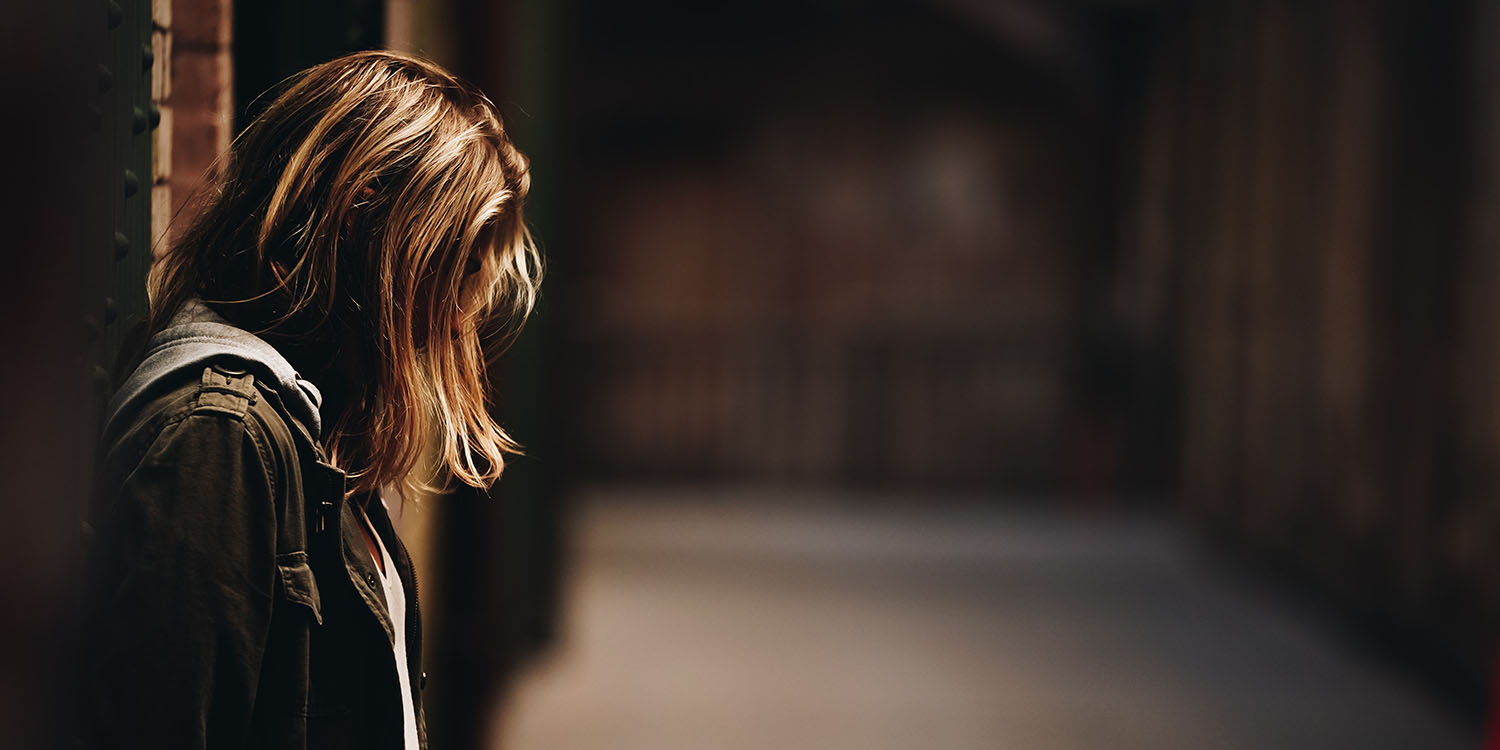
A growing number of TikTok mental health videos are posted by people with no qualifications, and the information they post is often inaccurate and irresponsible, say experts …
Concern over TikTok videos
A piece in The Washington Post opens with the example of a teenagers with 5.9 million followers, most of whom are teenage girls between 14 and 18.
17-year-old Issey Moloney […] connected with people online as the pandemic isolated her from real-life friends. Eventually, she started making her own content […]
Some of her clips are general, such as a short ode to the relationship between mentally ill people and pasta, while others address real diagnoses, such as “signs you might have BPD,” or borderline personality disorder. Sometimes, people ask her to address particular conditions. She tries to to research for at least a week, checking websites and message boards and interviewing by direct message people who have the particular diagnosis […]
She has no official training and often talks about feelings that are to some degree universal, such as anxiety and depression. Commenters occasionally accuse her of pathologizing just “being a teenager” or encouraging self-diagnosis.
Things are made worse when creators have financial motives to push a particular agenda.
Many creators sell courses and books or enter advertising partnerships, opening the door to conflicts of interest. Much online content simply tells listeners what they want to hear.
There are some TikTok mental health videos posted by genuine experts, trying to correct misinformation.
Psychology professor Inna Kanevsky of San Diego Mesa College, who is a TikTok creator with an audience of 1.1 million, frequently rebuts what she sees as irresponsible claims in videos posted by other creators. Some of the subjects of her criticism have said that Kanevsky talks down to them, invalidates their experiences or misinterprets their intentions.
“It’s funny because people will say: ‘You’re being passive-aggressive,’ ” Kanevsky said. “And I’m like: ‘No, I’m being aggressive-aggressive.’ If you posted nonsense, I’m going to tell you.”
Amateur creators hit back, saying that professional mental healthcare may be unavailable or unaffordable, and they are simply sharing their own experiences, and trying to help.
This is, undeniably, one of the reasons for the popularity of these pop-psych channels. But professionals point out that there is no way for a viewer to tell evidence-based content from the opinions or obsessions of someone with no genuine knowledge of the topic.
Broader mental health concerns with social media
The broader issue is that social media apps may themselves be contributing to mental health problems.
There’s the obvious issue of highly curated content, where influencers portray an “Instagram-perfect” image of themselves or their lives. When viewers compare their own real life to these highly selective slices of someone else’s apparent experience, that can surface feelings of inadequacy.
Even Instagram’s internal research has identified this as a significant problem.
An internal report describes a number of ways in which Instagram is harmful to as many as 20% of teenage girls using the app. It can increase anxieties about physical attractiveness, social image, and money, and even increase suicide risk, according to Facebook’s own research […]
“We make body image issues worse for one in three teen girls,” said one slide from 2019, summarizing research about teen girls who experience the issues.
“Teens blame Instagram for increases in the rate of anxiety and depression,” said another slide. “This reaction was unprompted and consistent across all groups.”
Among teens who reported suicidal thoughts, 13% of British users and 6% of American users traced the desire to kill themselves to Instagram, one presentation showed.
But apps like TikTok can also send users into a downward spiral.
After 224 videos into the bot’s overall journey, or about 36 minutes of total watch time, TikTok’s understanding of kentucky_96 takes shape. Videos about depression and mental health struggles outnumber those about relationships and breakups. From here on, kentucky_96’s feed is a deluge of depressive content. 93% of videos shown to the account are about sadness or depression.
Trustworthy sources of help with mental health
If you find yourself struggling with mental health, there are a wide range of resources available to you. The National Council for Mental Wellbeing has collated a set of resources and helplines.
If you are considering suicide, or worried that someone close to you is, the 988 Suicide and Crisis Lifeline (formerly the National Suicide Prevention Lifeline) is available to help. You can simply call or text 988 from any phone in the US. In other countries, simply Google “suicide helpline” for local help.
FTC: We use income earning auto affiliate links. More.





Comments